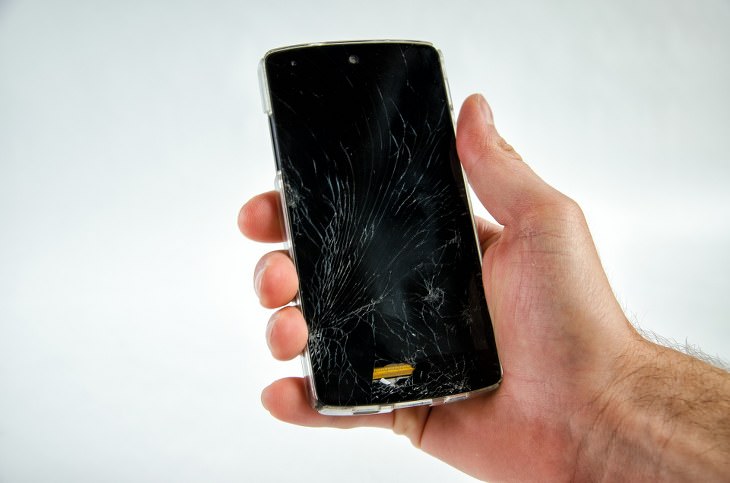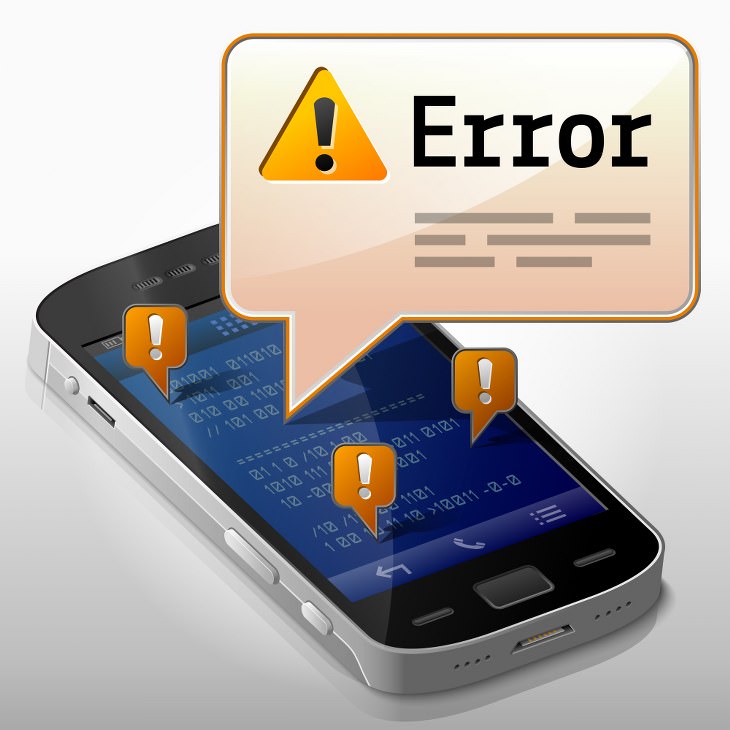1. Your Smartphone's Running Far Too Slowly
Having a slow phone is usually the result of having too many files saved on your phone, installing lots of apps that you don't really need, or leaving apps running when you aren't using them. Very often, it's a combination of all three. The most simple solution is to turn off or delete anything which isn't really essential. In addition, diagnostic tools like 'Z-Device Test' and 'Phone Doctor' can help you pinpoint and potentially repair the problem. As a last resort, you could also give your phone a factory reset, which will wipe out all of your data, making your phone as good as new.
2. You've Got Bluetooth Issues
A large proportion of Bluetooth issues are caused by either interference or pairing errors. These are generally caused by interference from external sources like wireless devices, microwaves, satellite signals and radio waves, or by an excess of cached data in your device's Bluetooth storage unit. To fix this problem, the first thing you should try is switching your Bluetooth off and on again. If that doesn't work, try deleting your Bluetooth cache, which can be accessed from your smartphone's app settings. If you're still having trouble, you may need to locate the source of interference, so that you can deactivate it or take your phone away from it. If all else fails, make sure that your device's 'discoverable mode' is switched on, since without it your phone will be permanently hidden from nearby Bluetooth signals.
3. You've Cracked Your Screen
Unfortunately, there's not much that you can do to fix a cracked phone screen, but you can still take preventative measures to make sure that such a tragedy never befalls you again. We recommend investing in a screen protector and a sturdy phone case, which can both significantly reduce your risk of ever seriously damaging your phone again. Even though they may be a little bit expensive, such an investment is still far cheaper than having to purchase a new phone entirely.
4. Your Phone's Battery Is Draining Too Quickly or Charging Too Slowly
Battery issues are another scourge of the smartphone era, and the worst of them include having a short battery life, ‘system-hogging’ apps, and slow charging. If your phone is being afflicted by one or more of these issues, you can start by closing (or deleting) any unnecessary apps that you find running on your phone. You should also ensure that the charger and charging cables that you're using are 100% compatible with your phone, otherwise your phone's charging time may gravely suffer. Other options that you can try include reducing the frequency of your apps' updates, shortening your screen timeout, and lowering your screen's brightness.
5. Your Phone or Apps Keep Crashing
These highly frustrating problems could be caused by having too many apps running simultaneously, not having enough memory, or by having bugs in your apps. If your apps keep crashing, you should try clearing the app data from 'App Manager' or 'App Info' (the name will vary a bit depending on what smartphone you're using). Like with many of the fixes above, you should also make sure that you close all apps you don't currently need, as well as clearing your cache. Phone crashes, on the other hand, are a little more serious. One thing that you can try is removing your phone's case and external battery and allowing it to rest for a while, before putting it all back together. You could also try downloading a troubleshooting app, which may help you pinpoint the source of your woes. As a last resort, you could also give your phone a factory reset, but make sure you backup all of your important files beforehand.
6. Your SD Card Isn't Working
While there are dozens of kinds of microSD cards available on the market, they don't all universally fit every smartphone. If you find that you've purchased the wrong kind of card, there's not much that you can do except politely ask to exchange it or for a refund. Before buying a microSD card, you'll need to find out which major format your phone is compatible with, either SDHC or SDXC. Once you've got that figured out, you also need to check which of the 3 major speed classes your phone supports, either Class 10, UHS-1 Class 1, or UHS-1 Class 3. Only then can you make an informed decision about which microSD card is best suited for your phone. Of course, if in doubt, just take your phone along with you to the store, and ask the staff to fit it in for you there and then, so that you can see it working before spending any more money.






